Beaux coloris aquarelle.
Texte explicatif en français au verso.
Belle impression de cette rare carte en édition française, finement aquarellée.
Très bon état.
Format feuille : 61,5 x 43,5 cm
Format cuivre : 47 x 33,5 cm.
Original antique map of 1581.
Carte très représentative du travail d’Ortelius, illustrée d’un large cartouche surmonté d’une tête de cerf et d’un compas pour l’échelle. La description de cette région revient au célèbre cartographe Bernardo Brognolo.
Vous pouvez consulter l’ensemble des cartes et gravures disponibles sur votre région en cliquant sur le lien de notre site internet spécialisé en archives anciennes géographiques :
https://cartes-livres-anciens.com/categorie-produit/cartes-geographiques-anciennes-original-antique-maps/europe/italie/
Règlement sécurisé par carte bancaire sur notre site internet en cliquant sur le lien :
https://cartes-livres-anciens.com/produit/cartes-geographiques-anciennes-original-antique-maps/europe/italie/carte-geographique-ancienne-verone-lac-de-garde-abraham-ortelius-cartographe-veronae-urbis-orignal-antique-map/
Toutes nos cartes et gravures sont accompagnées d’un certificat d’authenticité.
Abraham Ortel, mieux connu sous le nom d’Ortelius, est né à Anvers et, après avoir étudié le grec, le latin et les mathématiques, s’y est établi avec sa sœur, en tant que libraire et «peintre de cartes». Voyageant beaucoup, particulièrement aux grandes foires du livre, son entreprise prospéra et il noua des contacts avec des lettrés dans de nombreux pays.
Un tournant dans sa carrière est atteint en 1564 avec la publication d’une carte du monde en huit feuilles dont un seul exemplaire est connu : d’autres cartes individuelles suivront, puis, à la suggestion d’un ami, il rassemble une collection de cartes qu’ il fit graver dans une taille uniforme, formant ainsi un ensemble de cartes qui fut publié pour la première fois en 1570 sous le nom de Theatrum Orbis Terrarum (Atlas du monde entier).
Bien que Lafreri et d’autres cartographes italiens aient publié des collections de cartes «modernes» sous forme de livre au cours des années précédentes, le Theatrum a été la première collection systématique de cartes de taille uniforme et peut donc être appelé le premier atlas, bien que ce terme n’ait été utilisé vingt ans plus tard par Mercator.
Le Theatrum, avec la plupart de ses cartes élégamment gravées par Frans Hogenberg, connaît un succès immédiat et apparaît dans de nombreuses éditions dans différentes langues, y compris des addenda publiés de temps à autre incorporant les dernières connaissances et découvertes contemporaines. La dernière édition de cartes parut en 1612.
Contrairement à bon nombre de ses contemporains, Ortelius nota ses sources d’informations. Dans la première édition, quatre-vingt-sept cartographes étaient remerciés.
Outre les cartes modernes de son atlas principal, Ortelius a lui-même compilé une série de cartes historiques connues sous le nom de Parergon Theatri, qui sont apparues à partir de 1579, parfois sous forme de publication distincte et parfois incorporées au Theatrum.
Abraham Ortel, better known as Ortelius, was born in Antwerp and, after studying Greek, Latin and mathematics, settled there with his sister as a bookseller and « card painter ». Traveling a lot, especially at major book fairs, his business flourished and he made contact with scholars in many countries.
A turning point in his career was reached in 1564 with the publication of a map of the world in eight sheets of which only one copy is known:
other individual cards will follow, then, at the suggestion of a friend, he gathers a collection of He engraved the cards in a uniform size, forming a set of cards that was first published in 1570 as the Theatrum Orbis Terrarum (Atlas of the World).
Although Lafreri and other Italian cartographers have published collections of « modern » cards in book form in previous years, the Theatrum was the first systematic collection of uniformly sized cards and can therefore be called the first atlas, although this term was used twenty years later by Mercator.
The Theatrum, with most of his cards elegantly engraved by Frans Hogenberg, is an immediate success and appears in many editions in different languages, including addenda published from time to time incorporating the latest knowledge and contemporary discoveries.
The last edition of cards appeared in 1612.Unlike many of his contemporaries, Ortelius noted his sources of information. In the first edition, eighty-seven cartographers were thanked.In addition to the modern maps of his main atlas, Ortelius himself compiled a series of historical maps known as Parergon Theatri, which appeared from 1579, sometimes as a separate publication and sometimes incorporated into the Theatrum.
Original map engraved in 1581. Beautiful watercolor colors. Explanatory text in French on the back. Beautiful impression of this rare map in French edition, finely watercolored. Very good state. Sheet format: 61.5 x 43.5 cm Copper format: 47 x 33.5 cm. Original antique map of 1581. Very representative map of the work of Ortelius, illustrated with a large cartouche surmounted by a deer's head and a compass for the scale. The description of this region goes to the famous cartographer Bernardo Brognolo. You can consult all the maps and engravings available in your region by clicking on the link of our website specializing in ancient geographical archives: https://cartes-livres-anciens.com/categorie-produit/cartes-geographiques-anciennes -original-antique-maps/europe/italy/ Secure payment by credit card on our website by clicking on the link: https://cartes-livres-anciens.com/produit/cartes-geographiques-anciennes-original-antique- maps/europe/italy/map-geographical-ancient-verona-lake-garda-abraham-ortelius-cartographer-veronae-urbis-moose-antique-map/ All our maps and engravings are accompanied by a certificate of authenticity . Abraham Ortel, better known as Ortelius, was born in Antwerp and, after studying Greek, Latin and mathematics, settled there with his sister, as a bookseller and “map painter”. Traveling extensively, particularly to major book fairs, his business prospered and he established contacts with scholars in many countries. A turning point in his career was reached in 1564 with the publication of an eight-sheet map of the world of which only one copy is known: other individual maps followed, then, at the suggestion of a friend, he assembled a collection of maps which he had engraved in a uniform size, thus forming a set of maps which was first published in 1570 as Theatrum Orbis Terrarum (Atlas of the whole world). Although Lafreri and other Italian cartographers had published "modern" map collections in book form in previous years, the Theatrum was the first systematic collection of uniformly sized maps and can therefore be called the first atlas, although this term was not used twenty years later by Mercator. The Theatrum, with most of its maps elegantly engraved by Frans Hogenberg, was an immediate success and appeared in numerous editions in different languages, including addenda published from time to time incorporating the latest contemporary knowledge and discoveries. The last edition of maps appeared in 1612. Unlike many of his contemporaries, Ortelius noted his sources of information. In the first edition, eighty-seven cartographers were thanked. Besides the modern maps in his main atlas, Ortelius himself compiled a series of historical maps known as the Parergon Theatri, which appeared from 1579, sometimes as a separate publication and sometimes incorporated into the Theatrum. Abraham Ortel, better known as Ortelius, was born in Antwerp and, after studying Greek, Latin and mathematics, settled there with his sister as a bookseller and “card painter”. Traveling a lot, especially at major book fairs, his business flourished and he made contact with scholars in many countries. A turning point in his career was reached in 1564 with the publication of a map of the world in eight sheets of which only one copy is known: other individual cards will follow, then, at the suggestion of a friend, he gathers a collection of He engraved the cards in a uniform size, forming a set of cards that was first published in 1570 as the Theatrum Orbis Terrarum (Atlas of the World). Although Lafreri and other Italian cartographers have published collections of “modern” cards in book form in previous years, the Theatrum was the first systematic collection of uniformly sized cards and can therefore be called the first atlas, although this term was used twenty years later by Mercator. The Theatrum, with most of his cards elegantly engraved by Frans Hogenberg, is an immediate success and appears in many editions in different languages, including addenda published from time to time incorporating the latest knowledge and contemporary discoveries. The last edition of cards appeared in 1612. Unlike many of his contemporaries, Ortelius noted his sources of information. In the first edition, eighty-seven cartographers were thanked. In addition to the modern maps of his main atlas, Ortelius himself compiled a series of historical maps known as Parergon Theatri, which appeared from 1579, sometimes as a separate publication and sometimes incorporated into the Theater.


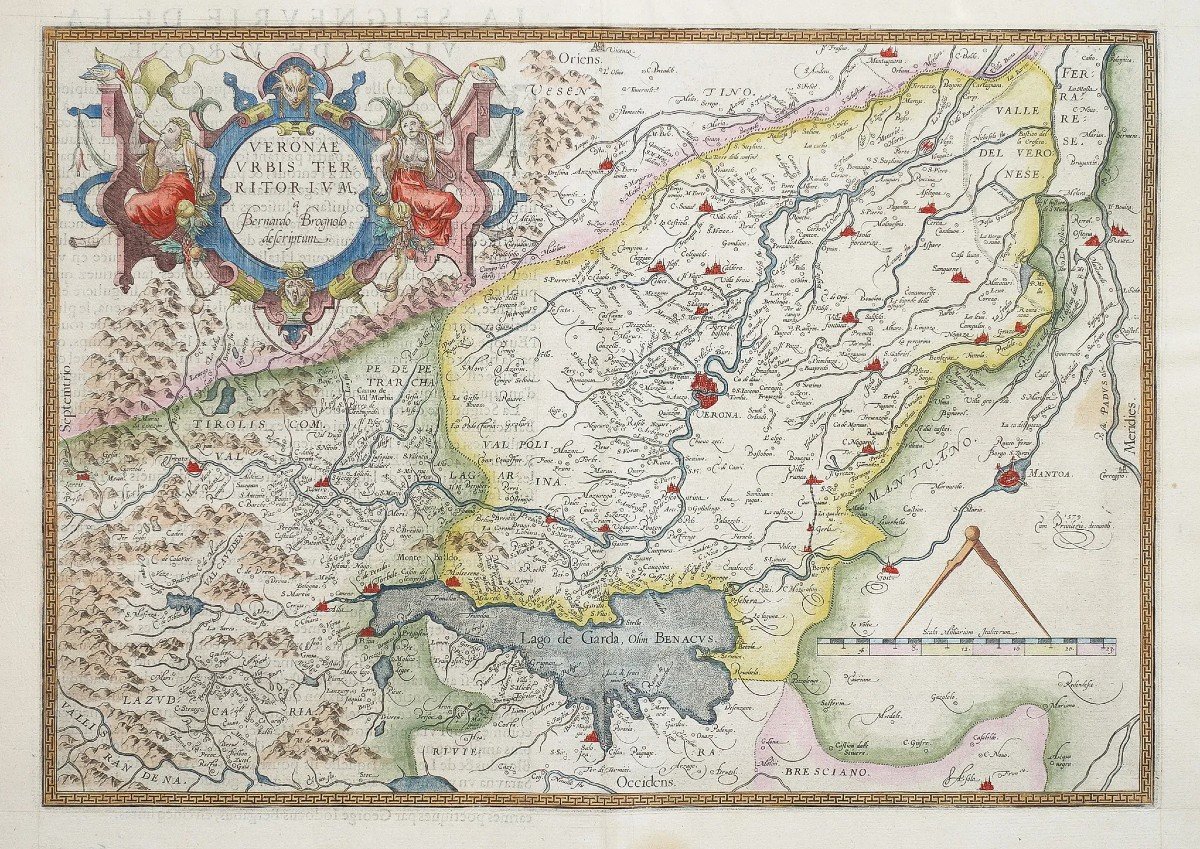
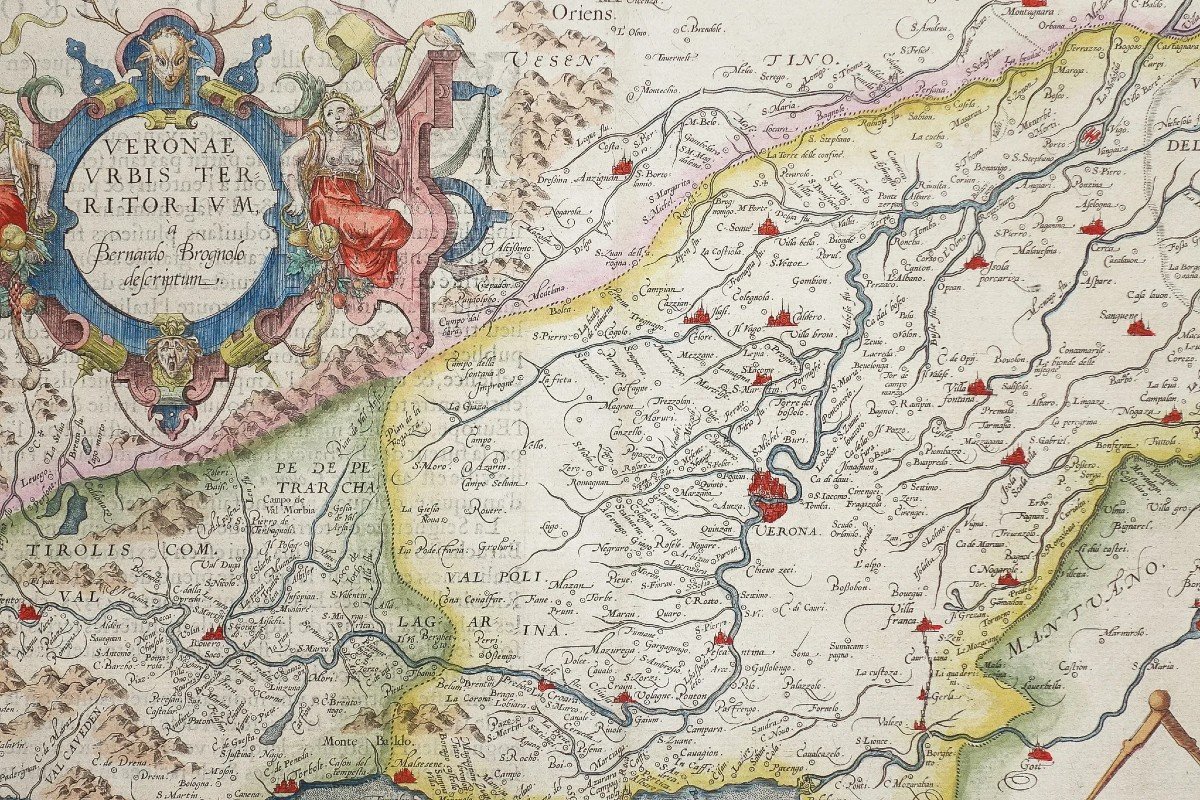



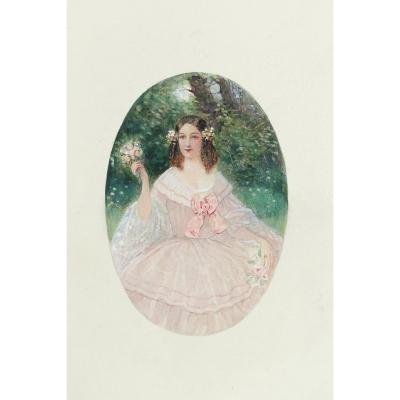

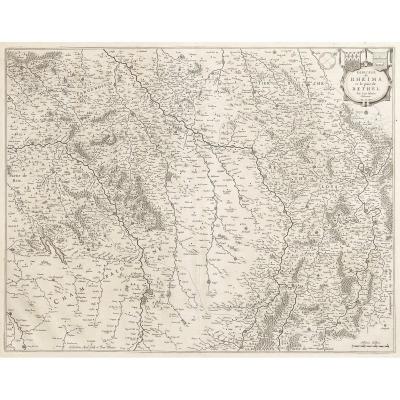



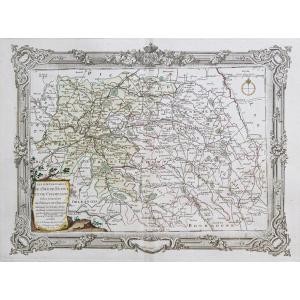
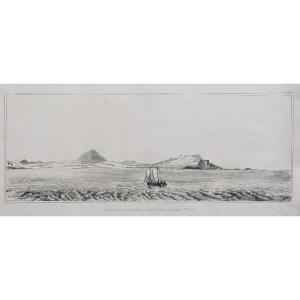

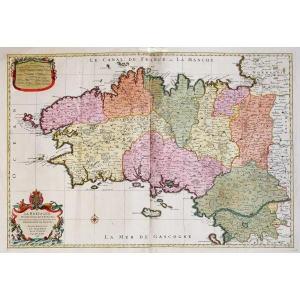
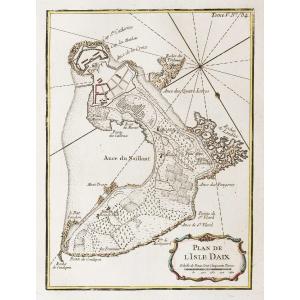


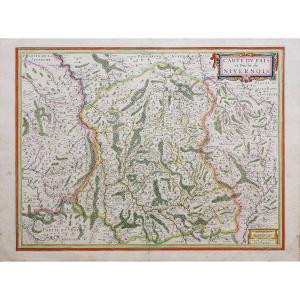


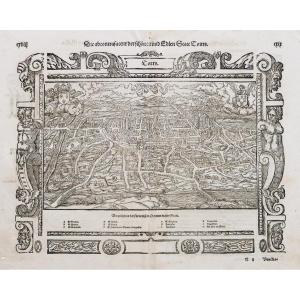

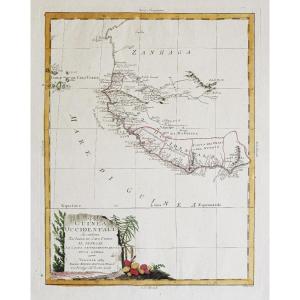




 Le Magazine de PROANTIC
Le Magazine de PROANTIC TRÉSORS Magazine
TRÉSORS Magazine Rivista Artiquariato
Rivista Artiquariato